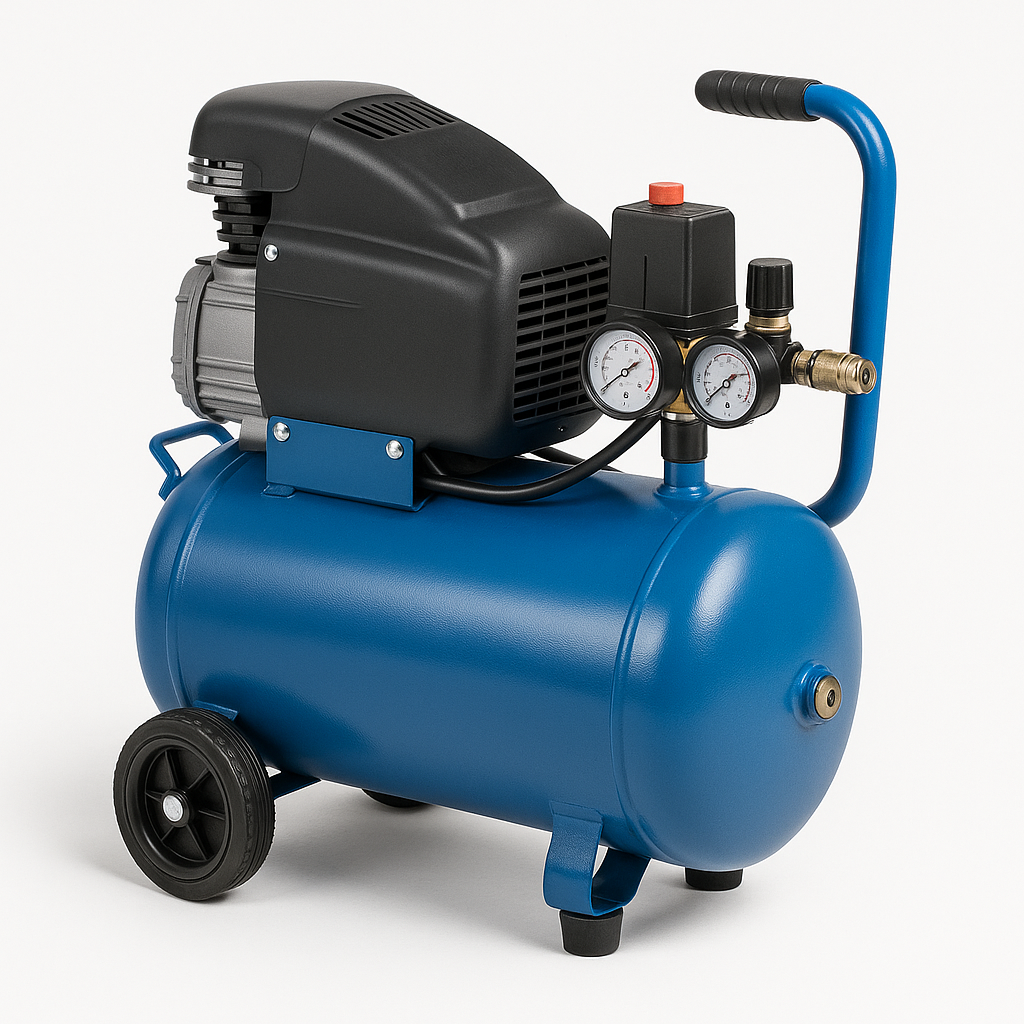One Orbital Sander With Dust Extraction Success Story You'll Never Believe
Orbital Sanders with Dust Extraction: A Comprehensive Guide
When it concerns woodworking and DIY tasks, having the right tools can substantially improve the quality of the work while also ensuring a more secure and cleaner environment. One tool that sticks out in the realm of surface area finishing is the orbital sander. In this article, we'll delve into the specifics of orbital sanders geared up with dust extraction systems, their advantages, functions to look for, and some typical questions concerning their use.
What is an Orbital Sander?
An orbital sander is a power tool that uses a circular sanding pad that relocates an elliptical (orbital) pattern. This special motion enables effective sanding on various surface areas, including wood, metal, and plastic. Orbital sanders are treasured for their adaptability, ease of use, and capability to deliver a smooth finish.
- * *
Advantages of Dust Extraction
Among the main drawbacks of sanding is that it frequently produces a considerable amount of dust. Conventional sanders can create a messy workspace, need regular clean-up, and present a health hazard due to inhalation. This is where orbital sanders with built-in dust extraction systems come into play.
Advantages of Using Orbital Sanders with Dust Extraction:
Benefit
Description
Cleaner Workspace
Lowers dust accumulation, keeping the workspace neat.
Improved Air Quality
Decreases airborne particles, making it more secure to breathe.
Enhanced Performance
Keeps sanding surface areas clear, enhancing sander performance.
Lowered Cleanup Time
Less dust indicates quicker post-project clean-up.
Prolonged Tool Life
Avoids dust from getting in the sander, reducing wear and tear.
Better Job Completion
Offers more precise results when the dust doesn't unknown visibility.
- * *
Secret Features to Look for in an Orbital Sander with Dust Extraction
When picking an orbital sander with dust extraction abilities, a number of functions should be considered to ensure you pick the right tool for your requirements:
- Dust Collection Bag or Canister: Look for an efficient dust bag or canister that can manage a considerable quantity of dust before requiring to be emptied.
- Dust Port Compatibility: Some sanders work with vacuum systems, permitting more reliable dust management.
- Sanding Disc Size: Different sanders support different disc sizes (normally ranging from 5 to 6 inches). Choose a size based on the scale of your tasks.
- Variable Speed Settings: Having adjustable speed settings supplies higher control and allows for various sanding applications.
- Ergonomic Design: A comfy grip reduces hand fatigue and improves control over the sander.
- Vibration Control: A function assisting in the reduction of vibrations boosts comfort throughout extended usage.
- Weight and Portability: Ensure the sander is lightweight enough for easy maneuverability, particularly for bigger tasks.
Popular Orbital Sanders with Dust Extraction
Here's a table summarizing some popular designs in the market, highlighting their crucial functions and specs.
Design
Dust Extraction Type
Disc Size
Speed (orbits per minute)
Weight
Price Range
Bosch ROS20VSC
Integrated Bag
5”
7,500 – 12,000
3.5 lbs
₤ 100 – ₤ 120
DeWalt DWE6423
Dust Bag
5”
8,000 – 12,000
3.2 lbs
₤ 100 – ₤ 130
Makita BO5031K
Dust Port Compatible
5”
4,000 – 12,000
3.5 lbs
₤ 120 – ₤ 150
Ryobi P411
Integrated Bag
6”
10,000
5 pounds
₤ 60 – ₤ 80
Milwaukee 2738-20
Integrated Bag
5”
12,000
4.5 lbs
₤ 120 – ₤ 150
Purchasing an orbital sander with dust extraction abilities can dramatically enhance the sanding experience. Not just does it offer a cleaner work space, however it likewise enhances airflow and uses much better total outcomes. When making your choice, think about numerous aspects like dust collection effectiveness, speed, and ergonomic style to ensure you choose the right tool for your tasks.
- * *
Often Asked Questions (FAQ)
1. Are orbital sanders better than other kinds of sanders?
Orbital sanders are particularly beneficial for accomplishing a smooth surface without leaving swirl marks, which can be a problem with other kinds of sanders. However, the choice of sander mainly depends on the job requirements.
2. How typically should I change the sanding disc?
Sanding discs should be replaced when they reveal indications of wear, such as decreased performance or loading (when dust accumulates). Profi Schleifmaschine Angebot 's an excellent general rule to examine the disc routinely, especially throughout bigger jobs.
3. Can I utilize my orbital sander without the dust extraction?
Yes, you can use an orbital sander without dust extraction, but it is not recommended due to the capacity for a dusty workspace and health hazards related to breathing in dust particles.
4. What type of projects are best matched for an orbital sander?
Orbital sanders are versatile and can be utilized for a variety of jobs, consisting of furniture refinishing, cabinet making, and general woodworking jobs.
5. Is dust extraction actually required?
While it is not strictly required, dust extraction is extremely advised for much better health, enhanced visibility, and a cleaner workplace, eventually enhancing the quality of the finished task.
In summary, an orbital sander with dust extraction is an exceptional investment for anyone wanting to take their woodworking skills to the next level. By lowering dust, enhancing performance, and providing exceptional outcomes, these tools are vital buddies for both beginners and specialists alike.
